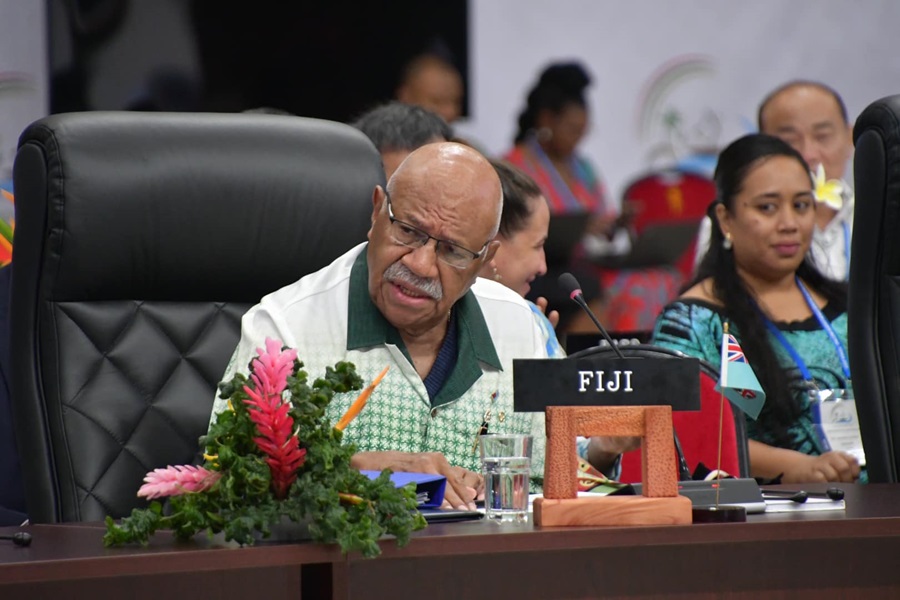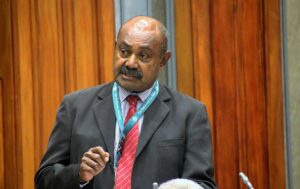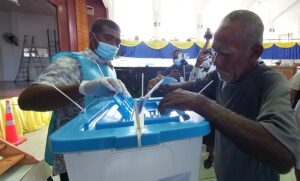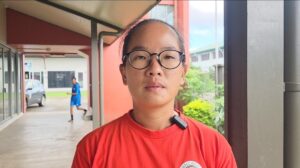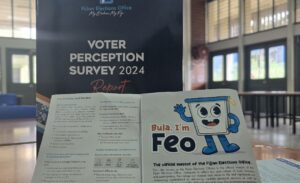At the opening of the Forum Leaders Meeting in Tonga, Fijian Prime Minister Sitiveni Rabuka called for bold actions.
Rabuka framed his remarks around three key areas: transformative policies (T), the importance of biodiversity and biosecurity (B), and connectivity communications with climate considerations (C).
Reflecting on global initiatives like the Millennium Development Goals now evolved into Sustainable Development Goals, Rabuka pointed out that Pacific nations have successfully adapted these frameworks into their programs. He encouraged this approach to continue, saying, “We pull from those to make up our own domestic programs, to fit in with United Nations [standards].”
Rabuka described this as a necessary transformation, noting how Pacific societies have evolved from traditional tribal systems to modern ones.
“We have to adapt and adopt so many things so that we fit in with our domestic needs and requirements.”
He also expressed appreciation for international support, particularly highlighting Australia’s help in developing Fiji’s policies.
His remarks, calling for the alignment of regional policies with global priorities come at a time when the Pacific faces significant environmental challenges, including climate change and the need for strong biosecurity measures.
This year’s agenda reflects a wide range of issues, including the 2050 Strategy for the Blue Pacific Continent. Leaders will discuss the progress of the 2050 Strategy Baseline Report, which outlines key regional actions aligned with Sustainable Development Goals and national development strategies. The forum aims to establish clear monitoring and accountability mechanisms, ensuring the effective implementation of the 2050 Strategy’s goals.
The leaders will also deliberate on a peer-to-peer cooperation program, as suggested by foreign ministers in their meeting in Suva earlier this month. A significant portion of the agenda will focus on the Review of the Regional Architecture (RRA), with discussions on enhancing cooperation, coordination, and coherence among Pacific nations. The leaders will review the Pacific Resilience Facility discussions and consider the recommendations from the Forum Economic Ministers Meeting, including the proposal to make Tonga the facility’s domicile.
Applications for associate membership by Guam and American Samoa will also be a key discussion point. In addition to these key points, the leaders will receive updates on climate change initiatives, the political situation in New Caledonia, and health and education. The meeting will also consider the reinstatement of the Pacific Islands Forum Panel of Independent Experts to review the safety of ALPS-treated water discharge from the Fukushima Daiichi Nuclear Power Plant.
Photo: Fiji Govt

